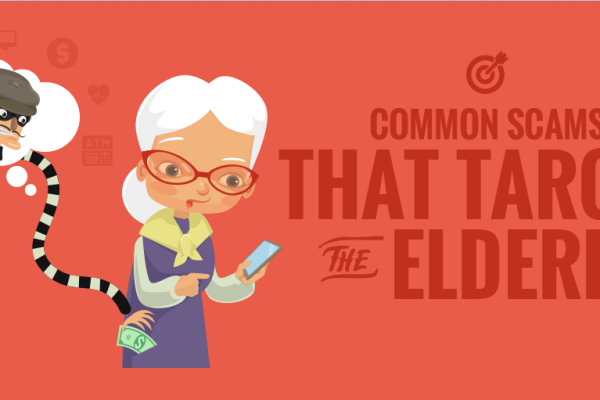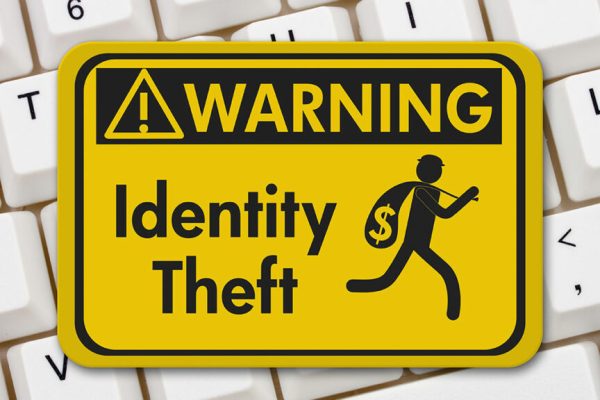6 ways to spot collection scams
Getting a call, email or letter from a company that claims to be a debt collector can be alarming. Here are six telltale signs that you’re dealing with a credit collection services scam:
-
They pressure you
A credit collection scam might use scare tactics and threats. The scammer might also pull the emotional card, making you feel like a bad or irresponsible person. They also might try to create a sense of urgency so you move quickly and do what they want.
“Legitimate debt collectors may sometimes be aggressive, but scammers often use fear to get you to act quickly and not ask any questions,” says Thomas Nitzsche, a financial educator at Money Management International, a nonprofit credit counseling organization. “If they’re threatening you with jail time — or worse — that’s a violation of your rights and a major red flag.”
The Fair Debt Collection Practices Act expressly prohibits debt collector conduct meant to “harass, oppress or abuse” you to collect on a debt — regardless of whether you owe the debt or not. They can’t threaten you with jail time, bodily harm or use profanity.
Should they call your home or workplace, they can only call between 8 a.m. and 9 p.m. in your time zone and ask about your whereabouts. They must stop if you tell them not to call you at work. Furthermore, repeated phone calls intending to annoy you are also prohibited by federal law. -
They won’t give you their contact information
Real debt collectors are from reputable companies with websites and reviews, and you can contact them if necessary. Ask the caller for the debt collector’s company name, address and phone number.
If a scammer is on the other end, they might distract away from your questions and insist that the debt needs to be resolved. If they refuse to disclose their identity and company information, that’s a telltale sign that it’s not a legitimate collection agency. -
The debt isn’t yours
If the supposed debt collector is trying to strong-arm you into paying a debt you don’t recognize, you might have a scammer on your hands. You can ask the debt collector for the creditor’s name and the amount you owe. By law, they must provide this information to you.
Also, check your credit report for accounts in your name to see if it shows which debt collection agencies your defaulted accounts have gone to. You can also reach out to the original lender or creditor to see if your debt has been sold off and, if so, where your debt has been sold to. -
You didn’t receive a letter in the mail
If a debt has gone to a debt collector, you should receive formal, written notification in the mail. If you’re contacted by someone who you suspect is a scammer, ask them for verification of the debt. This is a letter that all debt collectors must send within five days of first contact with a consumer.
The letter from the collection agency should disclose:- The debt amount in question
- The creditor who is owed the debt
- A disclosure statement giving the consumer 30 days to dispute the debt.
When you do receive such letters, hold on to them. You can refer to them should a scammer contact you.
-
You’re asked to pay by prepaid card or money transfer
Scammers almost always prefer non-reversible payment — think a prepaid card, money order or money transfer, Nitzsche says. These forms of payment can’t be traced, and scammers take off with your money with very slim chances of getting caught. Be alert if they ask for payment methods that seem out of the norm.
If you go to pay a legitimate debt collector, pay in a way that you can use to verify that you have paid and the amount you paid. -
They threaten to tell your co-workers, friends and employers about your debt
By law, debt collection agencies typically aren’t allowed to share details about your debt with most people. For example, they can’t threaten to collect payment from your parents to coerce you into making an immediate payment.
Any suggestion they might tell your employer or family members that you have debt to get you to pay is illegal. Federal law only allows them to inquire about your whereabouts.











